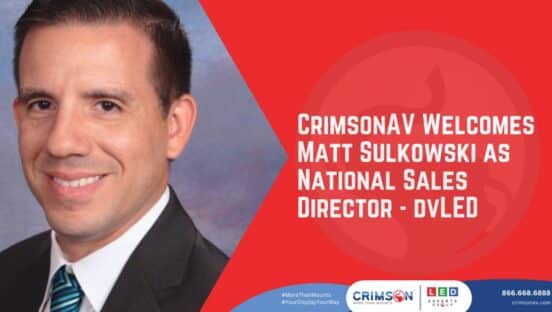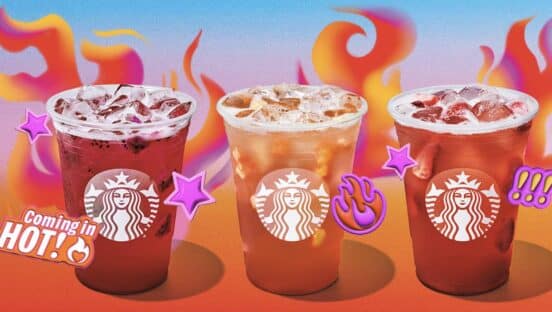The International Bottled Water Association (IBWA), in conjunction with Beverage Marketing Corporation (BMC), today released bottled water statistics for the year 2006, compiled by BMC. These numbers show that U.S. bottled water sales and consumption continue to rise.
The latest upward trend was reflected in 2006 when total bottled water volume exceeded 8.25 billion gallons, a 9.5 percent increase over 2005, and the 2006 bottled water per capita consumption level of 27.6 gallons increased by over two gallons, from 25.4 gallons per capita the previous year. Additionally, the wholesale dollar sales for bottled water exceeded $10.8 billion in 2006, an 8.5 percent increase over the $10 billion in 2005. These statistics demonstrate continued consumer demand.
Bottled water safety and quality result from multiple layers of regulation and standards at the federal, state and industry levels.
Bottled water is comprehensively regulated by the U.S. Food and Drug Administration (FDA) as a packaged food product, and has issued stringent standards for safety, quality, production, labeling, and identity. Along with the FDA’s Good Manufacturing Practices (GMPs), which are required of all foods, bottled water must comply with several other applicable regulations, including Standards of Identity, Standards of Quality and additional, specific bottled water GMPs. Being a packaged food product, bottled water is also bound by the Nutrition Labeling Education Act (NLEA) and the full range of FDA protective measures designed to enforce product safety and protect consumers. States also regulate bottled water inspections, sampling, analyzing and approving bottled water sources. Testing laboratory certification is another area where states may regulate bottled water. As part of the IBWA Bottled Water Code of Practice, IBWA members voluntarily utilize the principles of Hazard Analysis and Critical Control Point (HACCP) for a science-based approach to bottled water production and safety. FDA recognizes HACCP as a key component of food safety and consumer protection.
“While all beverages have their role in a marketplace with an abundance of drink choices,” says Stephen R. Kay, IBWA Vice President of Communications, “consumers are choosing bottled water as a refreshing, hydrating beverage and as an alternative to others that may contain calories, caffeine, sugar, artificial colors, alcohol or other ingredients, which they wish to moderate or avoid.”
For an overview of bottled water regulations and standards and other bottled water information, visit the IBWA web site at http://www.bottledwater.org/.



